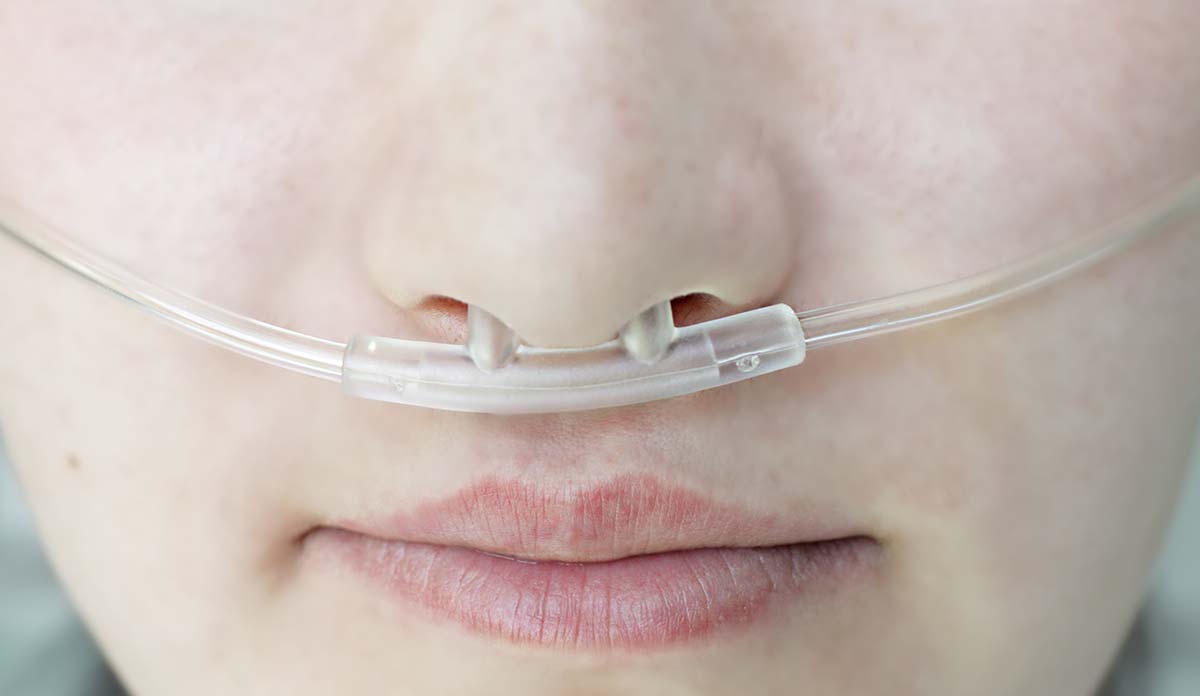According to Fenway Health, 29% of transgender people report having to explain transgender health concerns to their health care provider. Transgender individuals face health disparities, such as an increased risk of both HIV and depression. Less is known, however, about the health of transgender individuals when it comes to many other chronic diseases. Using fee-for-service claims data from Medicare, Christina N. Dragon and colleagues identified health disparities existing between transgender and cisgender beneficiaries.
Medicare is a government program that provides health insurance for those age 65 or older, those under the age of 65 with specific disabilities, or those with end-stage renal disease. Over 70% of transgender beneficiaries are on Medicare due to a disability. By comparison, 16.7% of cisgender beneficiaries are on Medicare due to a disability. Given these differences in rates of disability, the sample of transgender beneficiaries was younger than the sample of cisgender beneficiaries.
Among beneficiaries over age 65, transgender beneficiaries showed higher rates of chronic kidney disease (33.5% compared to 23.1%). Chronic kidney disease can lead to other health problems, including heart disease. The risk of having a heart attack or stroke also increases when someone has chronic kidney disease.
Transgender beneficiaries have a higher rate of chronic obstructive pulmonary disease (COPD) (27.3%) than cisgender beneficiaries (20.8%). Smoking is higher in transgender populations (39.7%) than in cisgender populations (25.1%), and is the leading cause of COPD. Transgender beneficiaries also had higher rates of hepatitis, 8.6% compared to 1.7%. The percentage of transgender beneficiaries with schizophrenia was almost ten times greater than seen in cisgender beneficiaries (22.1% vs. 2.3%). Differences in these rates are similar even when separating beneficiaries by age and disability status.
Transgender beneficiaries did have lower rates of both cancer and osteoporosis. However, the researchers point out that cancer and osteoporosis are more often seen in older adults.
According to The Institute of Medicine, far too little is known about transgender health. This research is a great start for better understanding where disparities in health exist between transgender and cisgender individuals. As more research is done, healthcare providers will be better prepared to care for transgender patients. Closing these gaps in knowledge is necessary for achieving health equity.
Feature image: sudok1/iStock













